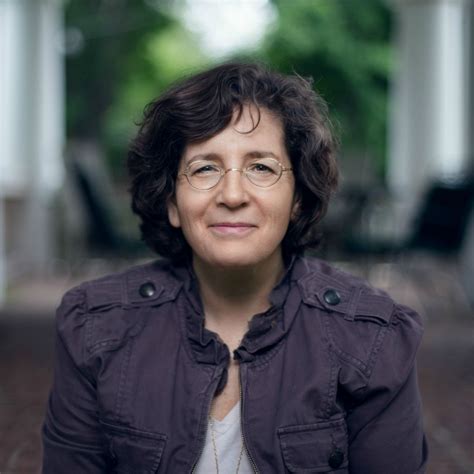A Quote by Nicholas Sparks
By making the place and the people and the feelings real, by the time someone closes the cover of one of my books, they have, hopefully, felt all of the emotions of life.
Related Quotes
My job is to cover the hell out of the story, very aggressively. The real place to be courageous if you're a news organization is where you put your people to cover the story. It's making sure that you have people going to Baghdad. It's making sure that you figure out how to cover the war in Afghanistan. While the journalist in me completely stands with them, the editor of the New York Times in me thinks my job is to figure out what the hell happened and cover the hell out of it, and that's more important than some symbolic drawing on the front page.
Sometimes I think about all the hours spent making lunches, carting kids from one place to another, being up in the middle of the night taking temperatures. People who haven't had to do that have, say, read every last book up there from cover to cover and probably remember it. There are trade-offs. But more life is more life.
My books serve as archives of thoughts and emotions, like a tonal history that captures how I felt at a certain time of my life. It's not very informational. You're not going to get comprehensive knowledge about the Han dynasty of China or about India's Emergency. But you might learn how one person felt about the Los Angeles Olympics.
In discovering books, you became free to explore the full range of human motives, desires, secrets, and lies. All my life, people have scolded me for having an excess of feeling, saying that I was too sensitive - as if one could be in danger from feeling too much instead of too little. But my outsize emotions were well represented in books. [] there simmered all the feelings no one ever admits to.
I can't say that I was my happiest on court, but I felt completely free. Free from family obligations, free from my own torment. In a real sense I was a different person. It was a place where I could not tolerate the idea of being beaten. I psyched myself up into a state where I felt something close to hatred towards my opponent, a state where I detested the idea of someone making his name at the expense of Jimmy Connors. I was in my element on court, measuring myself against someone else. I was not competitive for show. It came from deep within.
You can tell a book is real when your heart beats faster. Real books make you sweat. Cry, if no one is looking. Real books help you make sense of your crazy life. Real books tell it true, don't hold back and make you stronger. But most of all, real books give you hope. Because it's not always going to be like this and books-the good ones, the ones-show you how to make it better. Now.
There are only two emotions: love and fear. All positive emotions come from love, all negative emotions from fear. From love flows happiness, contentment, peace, and joy. From fear comes anger, hate, anxiety and guilt. It's true that there are only two primary emotions, love and fear. But it's more accurate to say that there is only love or fear, for we cannot feel these two emotions together, at exactly the same time. They're opposites. If we're in fear, we are not in a place of love. When we're in a place of love, we cannot be in a place of fear.
Life is not bad, and it doesn't look more real if it's ugly or it's gritty. Think of your own life. Most of what's in your own life, hopefully, is exactly that. Friendship and love and passion for movies and cartoons and comic books, whatever it is that you love. Most of the way we live our lives involves looking for pleasure and beauty and happiness and affection. Real artists don't use reflexive clichés about things. It's about honoring the reality of people's lives, which defies conventions and clichés and expectations. People are interesting, period.
Real life is generally much duller and inevitably sadder, most of the time. In film, you control everything that's going on, so you can indulge the most fantastic, romantic, escapist feelings and fantasies. You can do anything you want. That's why it's very seductive and pleasurable to earn your living making movies because you're not living in the real world.
Insults from an adolescent daughter are more painful, because they are seen as coming not from a child who lashes out impulsively,who has moments of intense anger and of negative feelings which are not integrated into that large body of responses, impressions and emotions we call 'our feelings for someone,' but instead they are coming from someone who is seen to know what she does.
I find it interesting that authors of fantasy and science fiction novels are rarely asked if their books are based on their personal experiences, because all writing is based on personal experience. I may not have gone on an epic quest through a haunted forest, but the feelings in my books are often based on feelings I've had. Real-life events, in fantasy and science fiction, can take on metaphorical significance that they can't in a so-called realistic novel.







































